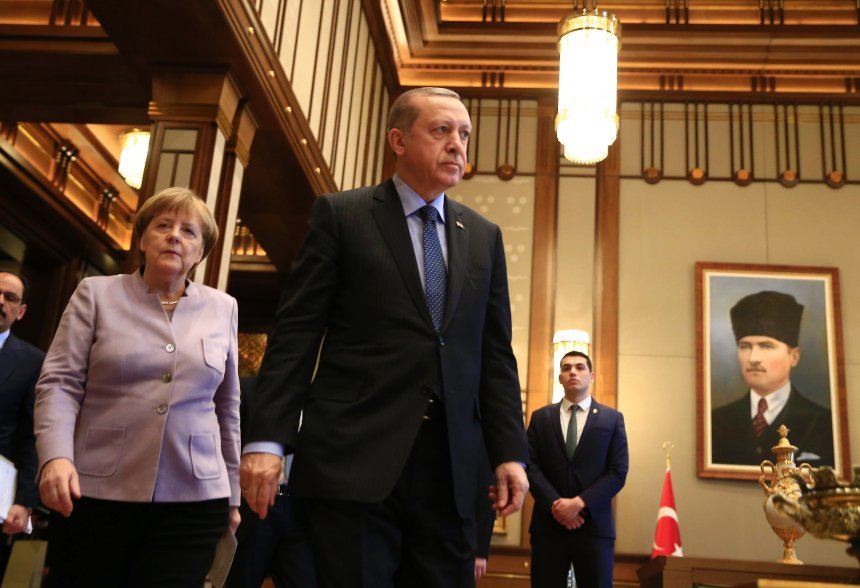It's time to break off EU membership talks with Turkey

With Turkey's vote on Sunday for sweeping constitutional reforms, autocratic President Recep Tayyip Erdogan has consolidated his power and divided the country.
The referendum on the Turkish Constitution is just one further example in the year of Brexit of the dubious value of referenda. There is likely to be much talk in the coming days of a majority vote, regardless how narrow it was (51.4-48.8), and how it must be respected.
For the European Union, however, there can only be one outcome: Membership negotiations with Turkey should be terminated.
The Turks have voted for autocracy, for the repression of political opponents and likely also for the introduction of the death penalty. None of these can be reconciled with membership in the EU. For Brussels now, at the very latest, the time has come to call the accession process what it is: dead.
The counter arguments
One popular counter argument is that the EU will lose any of the influence it has in Ankara by breaking off negotiations. But where was that influence in 2013 when Erdogan beat down the protests in Gezi Park? Where was it when Erdogan deliberately escalated the conflict with the Kurds as part of a domestic power play? And where was that EU influence when, right after last summer's military coup attempt, Erdogan had tens of thousands of people rounded up and thrown into jail, including numerous journalists? And where was it when Erdogan stirred up hatred against EU countries to win his constitutional referendum?
Turks have voted to give their autocratic president even more power, with few checks and balances. By doing so, they have cast their ballot against the values of the European Union. It's time for the EU to take action by ending membership talks with Turkey.
A further argument against breaking off negotiations is that it would even further weaken democratic forces inside Turkey. That could, of course, happen. But the EU ought to be paying closer attention to the democracies within Europe that are already imperiled. Autocrats are currently in power in Hungary and Poland, both member states, and the EU has done little to show that it can stand up to the in part openly anti-EU and anti-democratic polices of Viktor Orbán and Jaroslaw Kaczynski. If they now buckle in the face of a Turkish autocrat, they will further damage their credibility while at the same time weakening those who have been fighting to force Poland and Hungary to preserve a free democratic order.
Even the third argument against stopping negotiations has little traction -- namely ensuring that Erdogan doesn't withdraw from the refugee deal with Europe. One reason this argument doesn't work is that the closure to a large degree of the West Balkan route used by refugees to get to Central Europe has contributed at least as much to the reduction in refugees and migrants as has the deal the EU reached with Erdogan. Second, the deal comes with billions of euros in aid that are advantageous enough for Turkey that it wouldn't likely just walk away from the deal.
None of this means that the EU should suspend all efforts in working together with Turkey. But it should be more honest in the way it does so by communicating to Turkey that it is interested in deeper economic ties rather than EU membership for the country. That would likely create greater opportunities for the EU to assert political influence over Turkey, because Erdogan is in fact dependent on having good economic relations with Europe.
EU membership for Turkey is also inconceivable in the longer term. The European states need to speak openly about this once and for all -- if for no other reason than to prevent the EU's further disintegration.
(Source: Spiegel)
